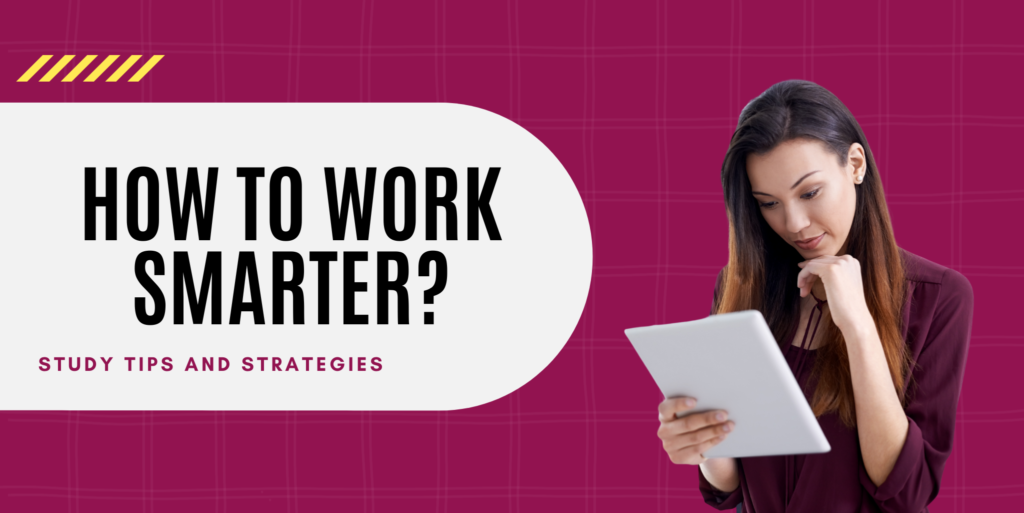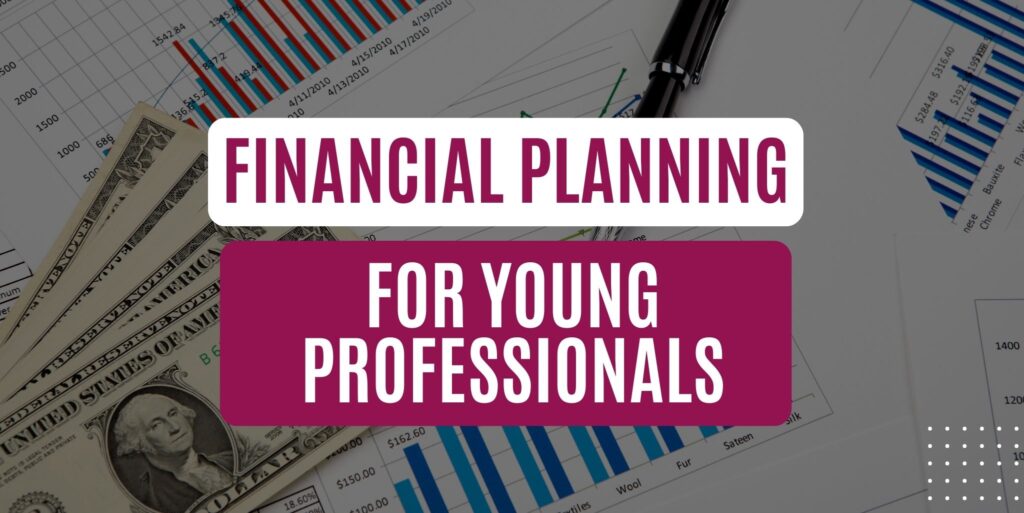Have you ever questioned if your study habits are actually helping you? Are you looking for strategies to work smarter and succeed on exams and do well in your classes? Many students come to the common understanding that their high school study habits might not be applicable to college classrooms. And it makes perfect sense that college brings with it an entirely new set of difficulties. Overall, the quality of education is increased, with less interaction between professors and students, larger classrooms, heavier exam weights, and more challenging reading assignments.
That doesn’t mean that you are wrong in any way. All you have to do is adjust and acquire more effective study skills that match the requirements of college. The good news is that a wealth of active, proven study strategies are available that can truly make a difference in your academic performance.
How to Work Smarter?
- Create a Morning Routine:
Establishing a morning routine helps set the tone for the day. Start by waking at a regular time every morning and spending your time on things that will energize you and set you up for success for the day. This could be doing some physical activity, practicing meditation, or just having a healthy breakfast. Establishing a routine helps you work smarter and study effectively for exams by priming your mind for focused learning sessions.
- Keeping Your To-Do List Short:
Keeping your to-do list short is one of the best study techniques. Break the most critical chores down into small bits and prioritize them instead of overloading yourself with an infinite list of to-do lists. This helps you work smarter, not harder, by preventing procrastination and maintaining focus on high-priority activities.
- Taking Breaks:
Taking breaks is an essential part of good study practices, not a sign of laziness as is commonly believed. Studies have indicated that arranging brief breaks with study periods enhances concentration and memory. Stretch, take a walk, or perform a brief relaxation technique at this period. You’ll feel fresh and prepared to take on the next assignment with increased energy when you get back to your studies.
- Eliminate Distractions:
Even the most dedicated study sessions can be derailed by distractions. To study effectively at home or somewhere else, set up a distraction-free environment. To avoid online distractions, this may entail switching off your phone, finding a quiet place to study, or utilizing website blockers to work smarter.
- Crafting a Study Schedule:
Effective study strategies require a carefully thought-out study schedule. Set aside specified times every day to study, and keep to them thoroughly. To stay focused and avoid exhaustion, divide your study sessions into smaller chunks with brief breaks in between. You’ll gain momentum and advance consistently toward your academic or professional objectives if you stick to a schedule.
- Setting SMART Goals:
Establishing objectives is a strong motivator that can help you succeed and work smarter. Make sure your study objectives are SMART—specific, measurable, achievable, relevant, and time-bound—when you’re creating them. Whether your objective is to master a difficult subject or get a particular exam grade, setting goals gives you focus and direction, which will help you maximize your study time and stay on course.
- Group Study Sessions:
Group study sessions can be a useful tool for improving learning results. Talking with peers can help you comprehend complex subjects better, answer any issues you may have, and obtain new views. To ensure that group sessions are beneficial and productive, it’s crucial to select study partners who are dedicated and focused.
- Asking Questions Early:
Never be afraid to ask questions when you don’t understand a topic or an instruction. Early question-asking not only improves your comprehension of the subject matter but also shows that you are dedicated to learning. Asking for assistance when you need it whether from your teacher, fellow students, or online forums is a show of strength, not weakness.
- Learn to Say “No”:
Saying “no” is an important skill in a world with many demands and distractions. Prioritize your academics and responsibilities, and gracefully decline offers that distract from your goals. Saying “no” more frequently allows you to focus on what really matters, freeing up time and mental energy to help you work more effectively and accomplish your goals.
- Visualization Techniques:
One effective technique that might improve learning and memory retention is visualization. Utilize visualization techniques by representing difficult concepts with mental diagrams or images. Visualizing material can help you work smarter and understand it better during tests, whether you’re learning a foreign language, anatomy, or mathematical formulas.
Conclusion:
Effective study techniques are crucial for achieving success in both school and work. You may increase productivity, prepare more efficiently for tests, and confidently accomplish your goals by putting these insider study techniques to work smarter. Keep in mind to modify these strategies to fit your unique learning preferences and style, and observe how your study sessions become more productive and fulfilling.
Written by: Adeeba Shah



